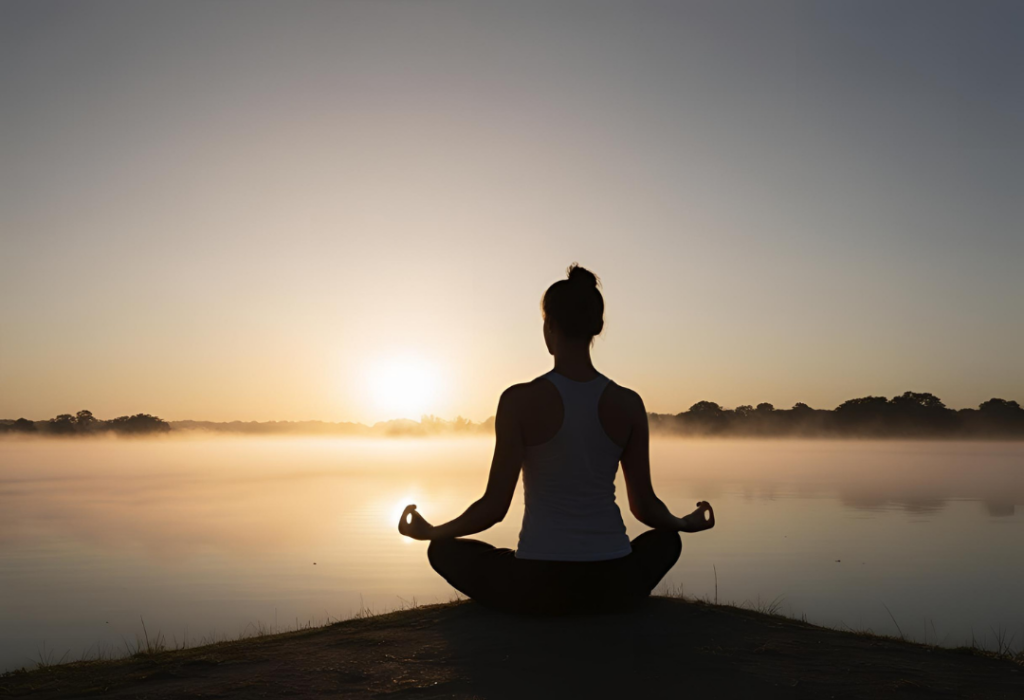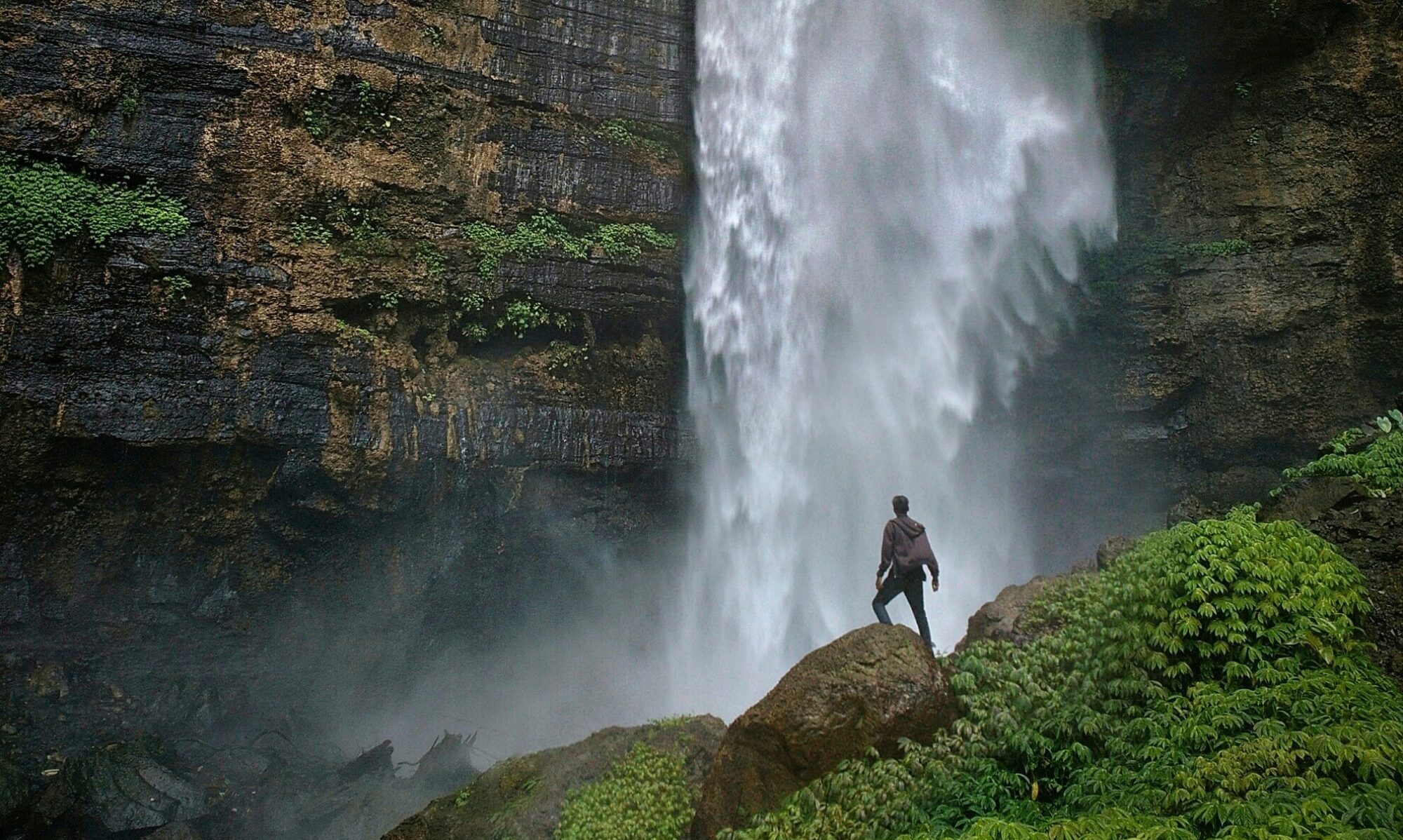
Mindfulness is a term I have heard many times since the start of my undergraduate studies in psychology. Several times, I practiced it for class assignments or projects. I knew that it was supposed to have great benefits to one’s mental health and sense of wellbeing. That said…it wasn’t until after graduation I really decided to give it a try.
Several months ago, I was feeling fed up with the anxiety that often sits behind the curtain of my mind like a malicious Wizard of Oz trying to scare me away from life (go watch the movie again, you’ll know what I’m talking about). Anxiety has been a regular part of my life; although, I did not realize it until I was about 19. It goes up and down like a cruel rollercoaster. There are periods of my life where the anxiety fades, and I feel increased happiness and confidence; however, after a few weeks or a few months, the anxiety behind the curtain returns.
At 26, I was tired of this stupid rollercoaster. So I thought why not give mindfulness a try. So what is mindfulness you may ask as you’ve made it to the third paragraph of this post and still haven’t gotten an explanation. Well let me give you my unofficial, but I hope valuable, spiel. Mindfulness is the concept of presentness or awareness (I know. A lot of “ness”s). We live in a day and age that occupies its eyes, ears, and brain with distractions all the time. Go walk around a college campus and count how many people are walking around with headphones in. I think you’ll lose count quickly. If you’re like me, it is hard to eat a meal, get ready in the morning, sit for five minutes while your roommate changes their clothes so you can go play pickleball, or even visit the bathroom without listening to music, watching YouTube, playing a game on my phone, or some other digital activity. Mindfulness is essentially the opposite of this.
Mindfulness is more than just avoiding distractions. It is paying attention to life as you live it. When I decided to try mindfulness I utilized an online course that one of my past professors created called Mindfulness for Humans. The mindfulness practices in the course all consisted of meditations. Each meditation had me focus on some aspect of my life. Some had me focus on difficult emotions I was experiencing, others had me focus on self-love or feelings of kindness toward other people, yet others simply had me focus on the sensation of breathing. Mindfulness doesn’t have a bunch of rules, and that is the beauty of it. You can do it at any time, no matter what you’re doing. You just have to give your gentle attention to any experience you are having.
When my brain feels overloaded, I have started forming a habit of going on a mindful walk. Unlike walks of the past, I do not listen to music as I walk. Instead, I avoid using my phone. I pay attention to what the weather feels like, the details of the trees and leaves, what the wind feels like on my skin, what my emotions feel like as I take a second to slow down, and what the world around me at that very moment has to offer. One of my favorite aspects of mindfulness is curiosity. When I choose to be curious about my feelings, the details of the things I can see around me, or small pockets of beauty I can discover on a walk around my neighborhood, I slowly feel the worry about future events fade.
So what has mindfulness done for my anxiety? It has helped. That’s what it has done. It is not a quick fix, but nothing worthwhile is. It hasn’t been easy to make it a consistent practice, but as I have, I have enjoyed each moment more. So much research shows that people who practice mindfulness are more satisfied with their life than those who don’t. It is a tool to experience life at the absolute fullest. It does not eliminate difficult emotions or make life’s problems go away. Instead it brings about the realization that even the difficult parts of life are beautiful and deserve to be experienced.
One. More. Thing.
Mindfulness is a super valuable practice, and I think that all people at every level of mental wellness would benefit from using it. However, I want to note that I think mindfulness is able to do what it has for my anxiety because I put in the work to deal with trauma and addiction first. I do not believe that mindfulness would have eliminated the severe emotional pain I was experiencing when I carried the full weight of my past wounds. Now that I have worked through most of those wounds, practices like mindfulness are able to work at their full potential. Mindfulness is not a substitute for proper therapy or other emotional healing needed for deep, internal struggles.
Anway, let me know if you guys have had any good experiences with mindfulness or have any questions about it!
Peace.

I became very mindfulness as I was reading your blog. A very unusual thing for me. My mind is all over the place. I’m living in last chapter of my life. I am so blessed because I don’t have to deal with all the loud noises of every day life. I do wish I had all the tools you are helping younger people with when I needed them.